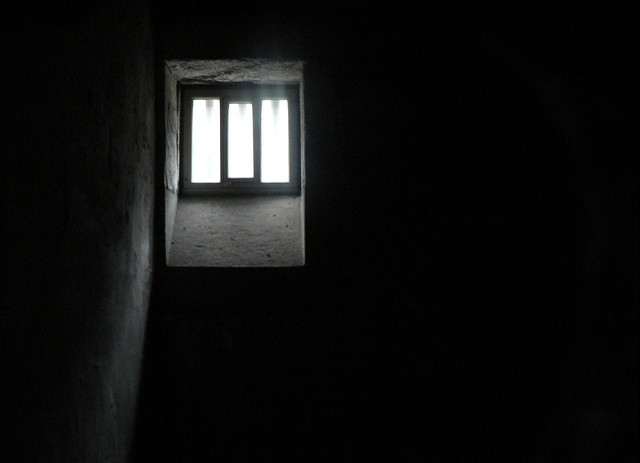 INFRA
INFRA
 INFRA
INFRA
 INFRA
INFRA
It’s being called a “dark day” for the internet following a European parliament committee’s vote to overhaul the continent’s internet copyright laws.
The legislation is still being drafted, but on Wednesday the European Parliament’s Committee on Legal Affairs voted in favor of articles 13 and 11. The latter means online platforms would have to pay publishers if news is published on their platform, and the former could mean taking a wrecking ball to the internet, at least according to critics.
Article 13 would require all platforms to use filters, so that companies such as Google LLC or Facebook Inc. can prevent users of these platforms from uploading copyrighted materials.
.@EP_Legal has adopted both Article 11 (#linktax) and Article 13 (#CensorshipMachines). It’s a dark day for the open web, but the fight will continue in the upcoming plenary vote in the European Parliament. #SaveYourInternet #SaveTheLink #FixCopyright
— Creative Commons (@creativecommons) June 20, 2018
Although remonstrations sounding something like “This will end the internet as we know it” may sound rather hyperbolic, if the law were put in place, it would mean every image, all text, sounds or code that are uploaded would have to go through a filtering system, spurring some people to call it “a tool for surveillance and control.”
On the upside, it may mean that anyone who has created content should be paid fairly for it. But even that, according to critics, won’t happen much of the time. On the downside, it may stifle all sharing of content.
Another thing, as has been pointed been pointed out already, is that no omnipotent filter system exists for all content on the internet. The law would essentially mean a few tech companies in the U.S. censoring the internet.
A letter titled “Article 13 of the EU Copyright Directive Threatens the Internet” has been sent to the president of the European Parliament and signed by some of the world’s leading internet pioneers, including web creator Tim Berners-Lee and Wikipedia founder Jimmy Wales.
The internet was created because people had the freedom to post almost anything they wanted online, stated the letter, and if you take that away, freedom of expression will be tied to a ball and chain. The letter goes on to say that platforms can already address copyright concerns once they have been brought to the attention of the site. This is about as good as it can get without resorting to draconian moderation.
“We support the consideration of measures that would improve the ability for creators to receive fair remuneration for the use of their works online,” the letter concluded. “But we cannot support Article 13, which would mandate Internet platforms to embed an automated infrastructure for monitoring and censorship deep into their networks. For the sake of the Internet’s future, we urge you to vote for the deletion of this proposal.”
Earlier this year 169 academics working in the fields of intellectual property, internet law, human rights law and journalism signed a letter against such publisher’s rights laws, saying that such laws would “impede the free flow of information that is of vital importance to democracy.”
The letter went on to say that though such a law as a “link tax” would strangle the flow of news, it would likely be only big news institutions that profit from it. Citizen journalists, any journalist in fact, freelancers, photographers, would not benefit. Another problem with a link tax is that it gives power to countries to impose that tax, thereby giving them a useful censorship application.
“Article 13 must go,” Jim Killock, the executive director of the Open Rights Group, a digital rights organization, said in a statement. “The EU Parliament’s duty is to defend citizens from unfair and unjust laws. MEPs must reject this law, which would create a Robo-copyright regime intended to zap any image, text, meme or video that appears to include copyright material, even when it is entirely legal material.”
Similar sentiments were issues by Monique Goyens, director general of European consumer rights group BEUC. “The internet will change from a place where consumers can enjoy sharing creations and ideas to an environment that is restricted and controlled,” she said. “Fair remuneration for creators is important, but consumers should not be at the losing end.”
Support our mission to keep content open and free by engaging with theCUBE community. Join theCUBE’s Alumni Trust Network, where technology leaders connect, share intelligence and create opportunities.
Founded by tech visionaries John Furrier and Dave Vellante, SiliconANGLE Media has built a dynamic ecosystem of industry-leading digital media brands that reach 15+ million elite tech professionals. Our new proprietary theCUBE AI Video Cloud is breaking ground in audience interaction, leveraging theCUBEai.com neural network to help technology companies make data-driven decisions and stay at the forefront of industry conversations.